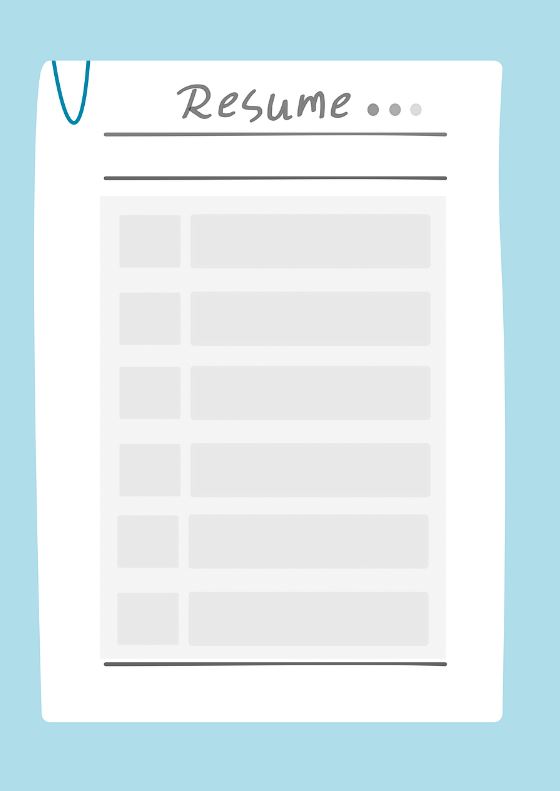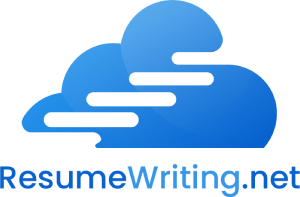Writing a resume is an important task for job seekers, burdened with countless decisions, no more confusing than having to delve into their work history. Do you carefully describe every job you’ve ever had, or do you keep the narrative simple focusing only on the most recent assignments? Unfortunately, the answer avoids simplicity, depending on several factors that shape each individual’s career path. In this comprehensive insight, we explore the little considerations involved in determining the optimal depth of your resume history story, with the insight they can used for in the paper skillfully highlighting your most relevant experiences.

Navigating the maze of resume construction requires a careful balance between breadth and brevity. While it can be tempting to list every project you create, a resume that is too disorganized can ruin the impact of your most worthy accomplishments. Conversely, a presentation that is too short can overlook valuable experiences that can enrich your candidate. Striking the right balance, therefore, requires a tactful analysis of your career path and the specific requirements of your target role.
One basic rule of thumb for measuring the historical depth of your resume is its relevance. Prioritize activities and accomplishments that are directly related to the position you are applying for, and place them in the background of distant or outdated experiences. If you change your cover letter to suit a prospective employer matching needs not only enhances its effectiveness but also showcases your expertise in key areas of your career journey.
In addition to timeline considerations, it’s worth scrutinizing your sector’s industry norms and cultural expectations. Some firms, particularly those characterized by rapid technological advances or developing skill sets, may prioritize recent experience over historical pedigree In contrast, fields with longevity and depth of experience play a big part in giving your career path a valuable in-depth look.
By judiciously choosing your past experiences and framing them in context, you can create a compelling story that not only highlights your most relevant accomplishments but resonates with aspiring ones and also the discerning eye of the employer. Remember that your resume is not just a history of past efforts; It’s a strategic tool to position yourself as the right candidate for your next professional endeavor.
Relevance is key: The key principle to keep in mind when deciding how far to go in your resume is relevance. Employers are generally more interested in your recent work experience, especially if it is directly related to the position you are applying for. As a rule of thumb, aim to include the past 10 to 15 years of employment history in your resume. This period allows you to demonstrate your most recent and relevant experience while still providing details about your career path.
Tailor your resume to the job – Every job application is different, and the requirements for each position may vary. Submit a resume that is perfect for everyone, and tailor your resume to the specific job you are applying for. This means emphasizing experience and skills that are directly relevant to the position while removing too much non-pertinent information. For example, if you are applying for a high-level job, you may choose to include a detailed work history to demonstrate the depth of your experience. On the other hand, for entry-level positions, you can focus primarily on recent assignments and related internships or jobs.
Consider the impact of previous assignments: While recent experience is often the most relevant, there may be cases where older assignments are still relevant. If you held a position earlier in your career that significantly impacted your career development or was more relevant to the job you’re applying for, it’s probably worth including on your resume, even if not for 10 to 15 years. However, be selective and only include old activities that add value to your candidate and support your suitability for the position.
Highlight your accomplishments and skills: No matter how long your work history is, your resume should focus on showcasing your accomplishments and demonstrating proper skills. Instead of just listing job duties and responsibilities, emphasize what you have accomplished in each role and emphasize the skills you have acquired or used. This gives employers insight into your capabilities and what you can contribute to their organization, regardless of when the experiences occurred.
Summarize old experience: If you have a work history that extends beyond the recommended period, you do not need to provide complete information about each position. Instead, consider condensing old assignments into short summaries, focusing on key accomplishments and skills. This allows you to maintain an attractive resume while still acknowledging prior work experiences.
Use discretion in irrelevant roles: While providing details about your work history is important, there may be some information that adding certain roles can give your candidate has all been reduced. If you have an existing position that is completely unrelated to the function of your application and does not add value to your application, you can remove it from your resume altogether. Remember, the goal is to present yourself as competent and relevant.
The question of how far a resume should go depends ultimately on how relevant your past experiences are to the job you are applying for. By prioritizing an up-to-date and relevant work history, your resume is a great way to cover your resume tailoring your resume to any job application and emphasizing your accomplishments and skills, you can create a letter writing a compelling resume that best reflects your qualifications and increases your chances of an interview and a job offer. Remember to use discretion when deciding which experiences to include focus on quality rather than quantity, and make sure your resume will identify potential candidates in the best possible way.

